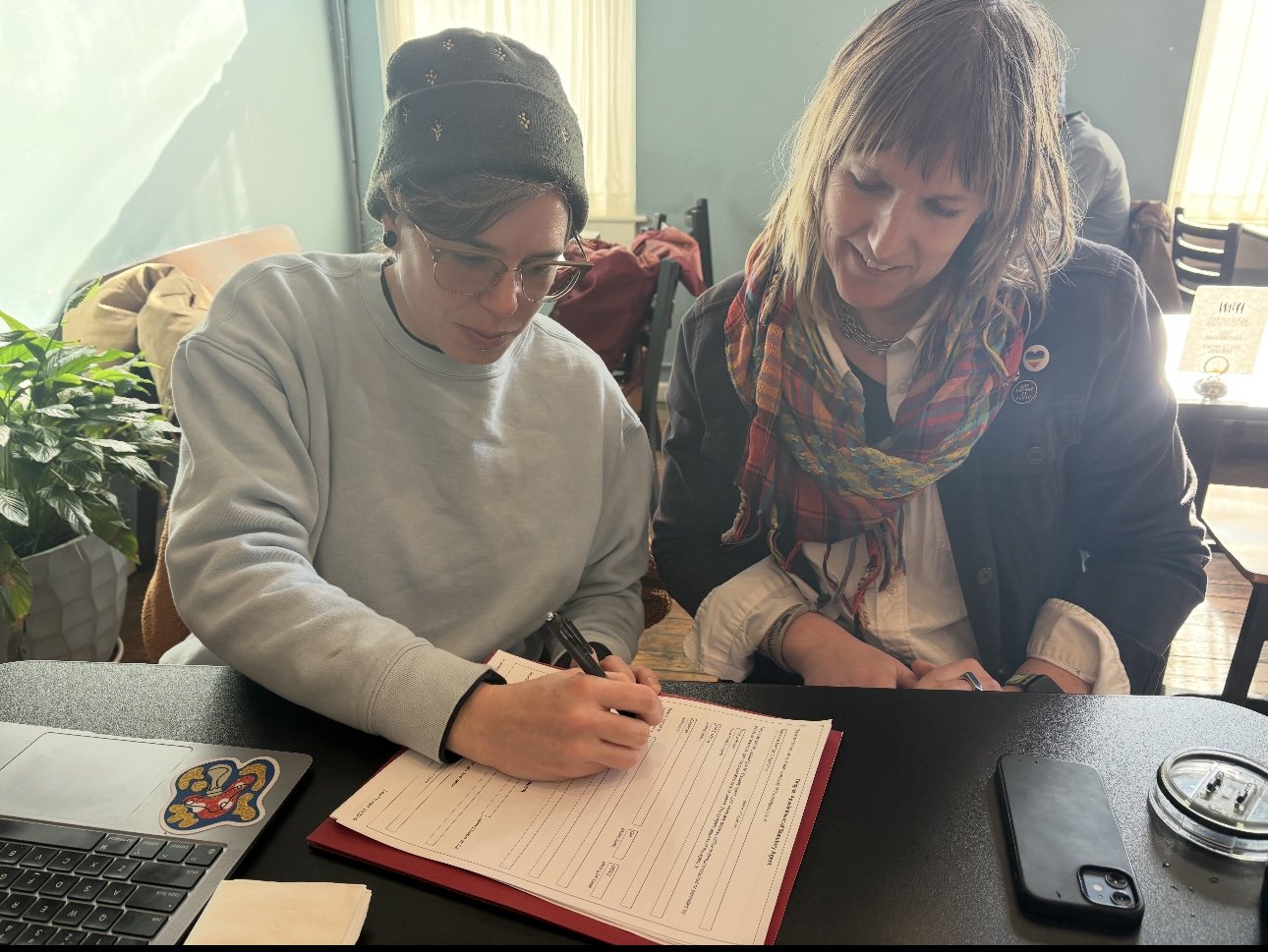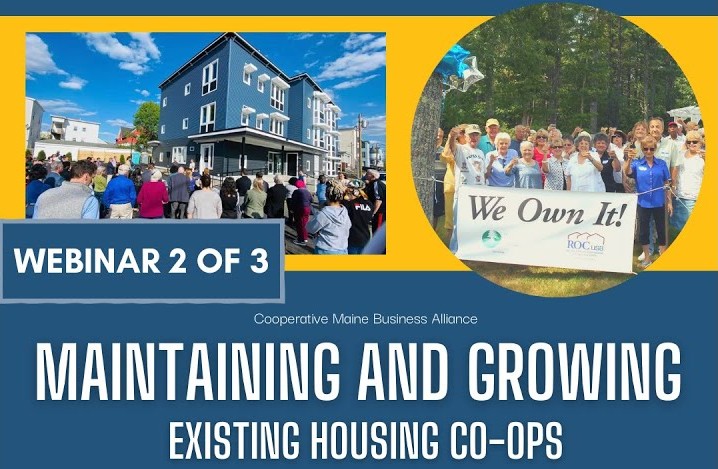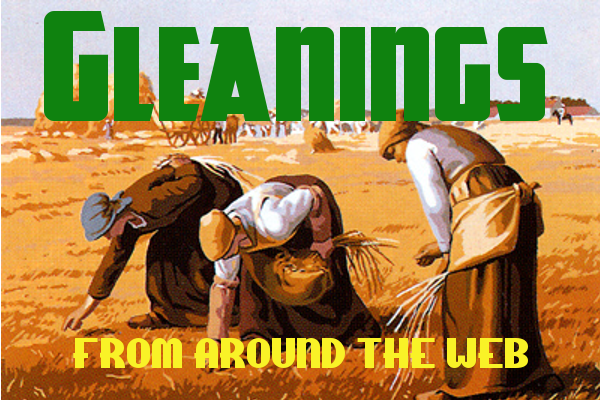This week, Megan McGee writes about the Rhizome Therapy Cooperative and how their worker owned model serves as an antidote to the burnout that is epidemic among community mental health workers. Beyond being a superior working environment for therapists, Rhizome also offers a sliding scale for clients to ensure that as many as possible are able to benefit from their services.
Then, the Cooperative Maine Business Alliance presents part two of their three part series on housing co-ops. this week's is devoted to maintaining and growing existing housing co-ops, with presenters from Raise-Op Housing Cooperative, Cooperative Fund of the Northeast, Cooperative Development Institute, and Maine Initiatives.
How the Rhizome Therapy Cooperative Counters Burnout
by Megan McGee
For Ostendorf, the co-op model feels like a strong antidote to the unequal power dynamic that exists between therapists and clients, and in the nonprofit world. “Social work as a field has some roots in philanthropy, and those with resources showing up and helping those without resources.” Rhizome’s collaborative structure corresponds with the anti-oppression informed approach they and Heflin both take to therapy.
Maintaining and Growing Existing Housing Co-ops
by Cooperative Maine Business Alliance
This webinar dives into strategies for keeping co-ops strong and sustainable: decision-making, financial management, upkeep, growth strategies, and member engagement. Learn about what works, what to avoid, and how to position your co-op for long-term success.
Cooperatives: Beyond the dichotomy between non-profit and for-profit
International Labour Organization — This joint ILO–ICA policy brief clarifies that cooperatives are neither non-profit nor for-profit institutions, but limited-profit institutions grounded in cooperative identity and values. Proper understanding and accurate legal and statistical classification is critical to their sustainability and contribution to decent work and sustainable development. In line with cooperative principles, surplus may be distributed to members in proportion to their transactions, while profits from non-member transactions must be transferred to indivisible reserves. The brief calls on governments to recognize this unique character in policy and law...
Worker cooperatives make the world better
The Solidarity Wedge — In the lead up to Christmas 2014, Ingham Poultry announced that it was planning to shut its turkey processing facility near the town of McLaren Vale just outside of Adelaide on the Fleurieu Peninsula. The plant was represented by my union at the time — the National Union of Workers (NUW). The local manufacturing workforce, with the recently announced shut down of the Australian car manufacturing industry that hit South Australia particularly hard, did not have many other options. The local turkey and poultry farmers, meanwhile, did not have any other accessible processing facilities in the area. A group of workers and farmers got together to campaign to re-open the factory under the operation of a joint worker-farmer cooperative...
New CECOP Report: “Quality Jobs, the Cooperative Way”
CECOP — CECOP’s report “Quality Jobs – the Cooperative Way”, authored by independent researcher Mila Shamku, shows how worker cooperatives, social cooperatives, and cooperatives of autonomous workers make their own contribution to workplace democracy while balancing economic sustainability with fair conditions and long-term job security...
How Co-ops Help Businesses Compete in a Globalized Economy
Co-operatives First — Just because you’re an independent business, doesn’t mean you need to go it alone. Across Canada there are thousands of entrepreneurs working together to help their businesses survive and to carve out space for locally owned businesses. By forming co-operatives, entrepreneurs have reduced their input costs, added value to their products, and positioned themselves to remain competitive.
Creating and Sustaining Limited Equity Cooperatives in D.C.
Coaltion for Nonprofit Housing and Economic Development — Limited Equity Cooperatives (LECs) provide a critical source of affordable homeownership, stable community networks, and political power in neighborhoods across the District of Columbia. The District is home to 96 LECs, representing more than 4,300 units in all 8 wards (Figure 1). While a third are located in Ward 1, due to ongoing patterns of gentrification and displacement, Ward 4 has seen recent growth in the number of buildings opting to become LECs. The LECs in the District have been created steadily over the past four decades and represent a mix of building types, sizes, and resident-owner communities...
Regional Maryland Cooperative and Solidarity Convening
Network for Developing Conscious Communities — The Regional Maryland Cooperative and Solidarity Convening will serve as a dynamic forum to:
- Strengthen regional cooperative and solidarity business networks and develop cross-sector partnerships.
- Address barriers to cooperative and solidarity development and influence local/state policy.
- Provide training, resources, and technical assistance to cooperative and solidarity leaders...
Like what you find on GEO?
Make a Donation Today!
Your tax-deductible contribution ensures that GEO can continue to provide independent grassroots content about the cooperative and solidarity economy movements.
Got something to say?
Let us know. Send your comments, suggestions, rants and article submissions to editors@geo.coop.
Follow us on Social Media
Mastodon: social.coop/@GEO_Collective
BlueSky: @geocollective.bsky.social
FB: facebook.com/GEOCollective
Instagram: instagram.com/grassrootsecon
Our mailing address is:
Grassroots Economic Organizing
P.O. Box 115
Riverdale MD 20738-0115




